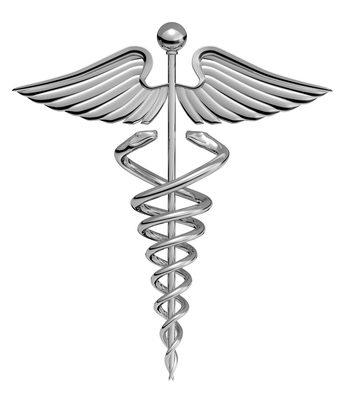Specific bachelor’s degrees can aid your quest to enter a medical school, but having a degree is only one of several requirements outlined in the application process. A degree in healthcare administration is acceptable provided the medical school’s course requirements are met. Most schools in the United States and many in Canada also require applicants to take the Medical College Admission Test (MCAT) prior to their application. Admission offices will consider undergraduate grades, MCAT scores, essays, student resumes, and letters of evaluation (recommendation) during their screening process.
Degree Requirements
Medical schools vary in their course requirements. To search for specific information, the Medical School Admission Requirements (MSAR) can be purchased online or viewed at many school libraries, and is a good first step for those thinking about going to medical school. Generally schools require one year of biology, physics, and English, and two years of chemistry. Often there is an emphasis on organic chemistry. These courses may be covered within a healthcare administration degree’s general education or core class requirements. Always confirm that course credits will transfer for the medical school.
Admission Test
The MCAT is a standardized test, much like the SAT or ACT. It is multiple-choice and covers a variety of subjects, including physical sciences, verbal reasoning, biological sciences, and hypothetical trials. This test can be especially challenging for students without a degree focused upon physical and biological sciences, or adequate background in those subjects.
What To Have in an Application
As with any higher degree, competition is going to be a major factor when applying to medical school. Certain things can help an application stand out. It is always impressive to have first-hand experience with health care in an application. Consider volunteering at a hospital, participating in internships, or working at a clinic. Alternatively, work with your professors in order to secure genuinely unique letters of evaluation. Study abroad programs and community service can also make an applicant stand out. Any direct experience in the medical field will be beneficial. Remember that schools will review the entire application as a single entity. Grades, experience, your MCAT results, application essay, and extracurricular activities will all contribute to the final decision, so try to strengthen any weak areas prior to submission. Schools vary in the specific items they look for in an application, so it’s wise to read all the information possible prior to beginning.
There are many factors involved in applying to medical school. Some of these the applicant has no control over. Choosing classes skewed to help prepare for the MCAT, engaging with medical professionals as often as possible, standing out in an undergraduate program, and being conscientious of what schools seek in their students are all things within that control. Medical schools are not exclusively searching for a specific type of bachelor’s degree; they are searching for a specific type of applicant.
